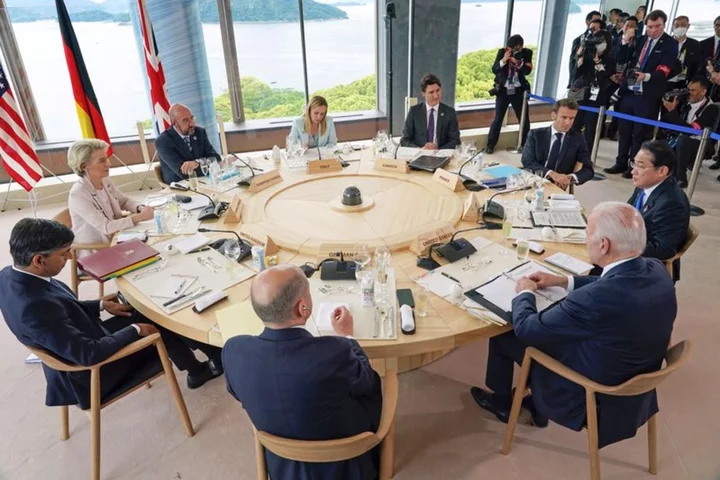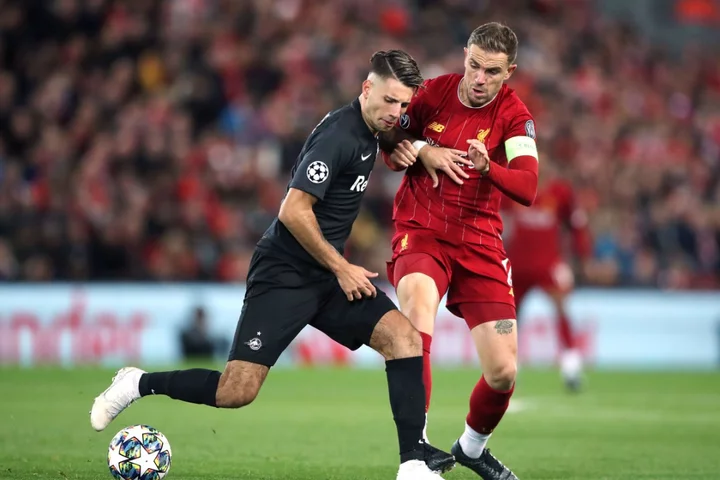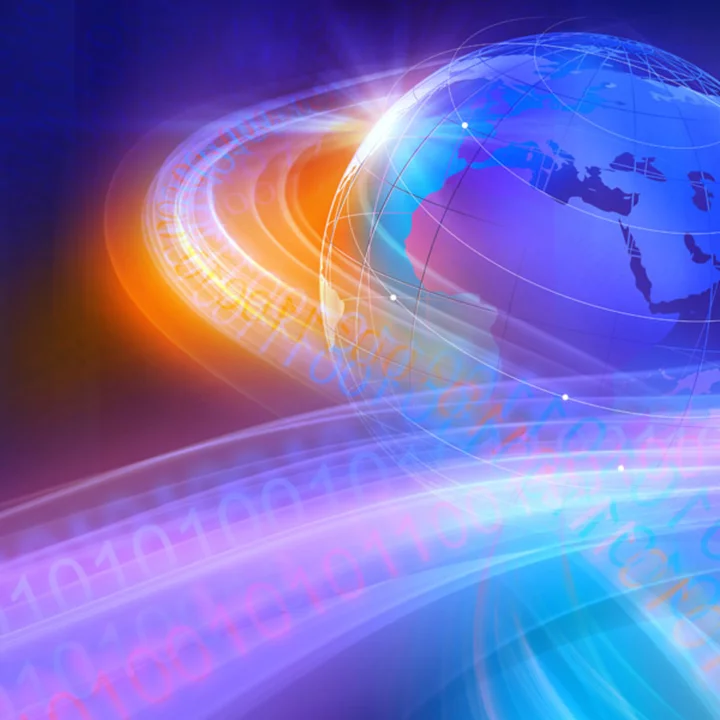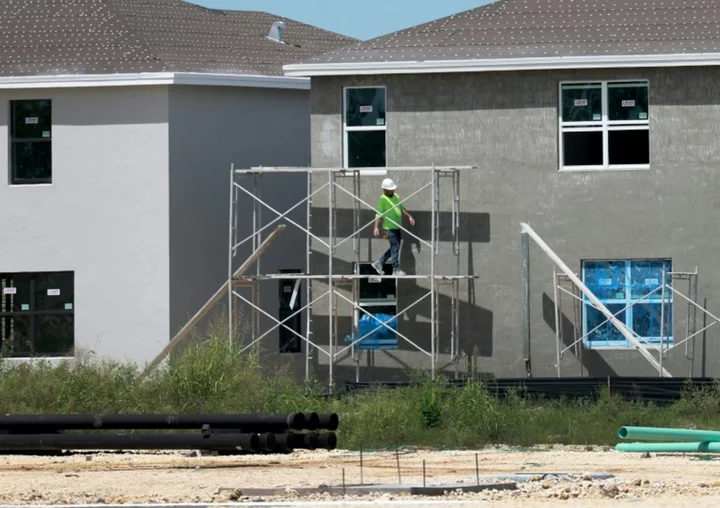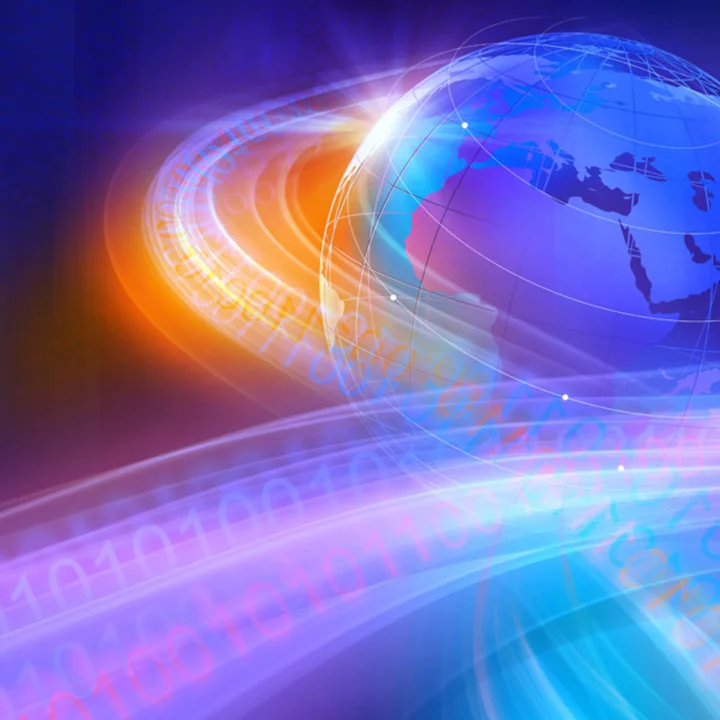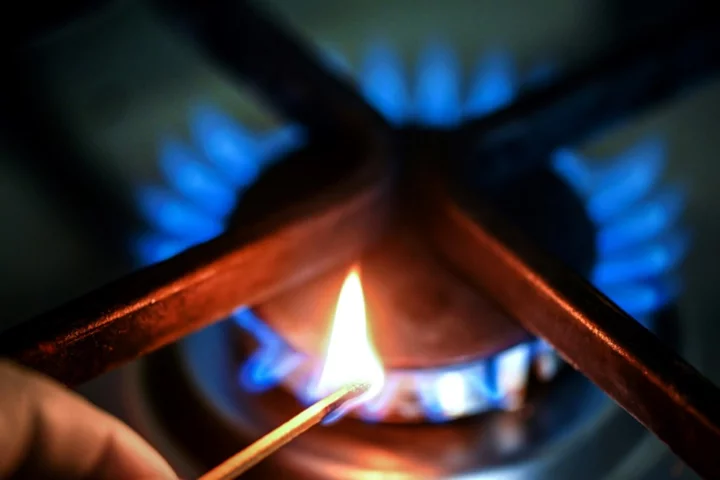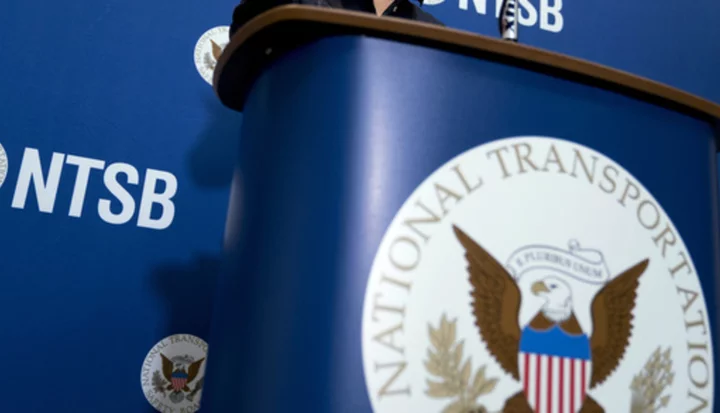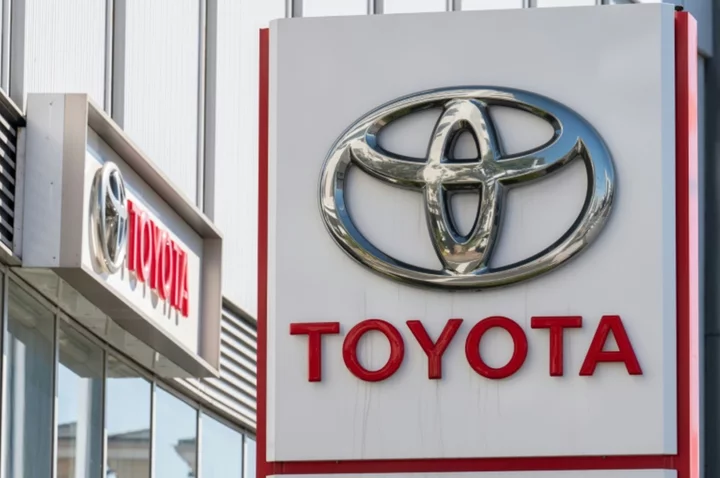HIROSHIMA, Japan Leaders of the world's richest democracies said on Sunday they would not back down from supporting Ukraine, in a warning to Russian President Vladimir Putin as he claimed to have taken the eastern city of Bakhmut, something Kyiv denied.
UKRAINE
* Zelenskiy sought support for Kyiv's "peace formula" to end Russia's war in Ukraine, telling G7 leaders at the summit in the Japanese city of Hiroshima it was "an obvious expression of rationality".
* Meeting with Zelenskiy, U.S. President Joe Biden announced a $375 million package of military aid to Ukraine, telling him the United States was doing all it could to strengthen Ukraine's defence against Russia.
* Potential allied training programmes for Ukrainian pilots on F-16 warplanes were a message to Russia not to expect to succeed in its invasion of Ukraine even in a prolonged conflict, said German Chancellor Olaf Scholz.
* Biden told G7 leaders that Washington supports the joint allied training programmes, senior U.S. officials said, a significant endorsement as Kyiv seeks to boost its air power against Russia.
* The Hiroshima summit gave Zelenskiy a chance to win over countries from the "Global South" such as Brazil and India in an attempt to broaden support for his country in its war against Russia.
* Russian Foreign Minister Sergei Lavrov said G7 decisions at the summit were aimed at the "double containment" of Russia and China.
* Canada will support Ukraine for as long and as much as necessary in its conflict with Russia, including the training of Ukrainian soldiers and possibly pilots, said Prime Minister Justin Trudeau.
* Britain published plans to ban imports of Russian diamonds, copper, aluminium and nickel and announced a new wave of sanctions against Russia, targeting companies connected to the alleged theft of Ukrainian grain.
CHINA
* U.S. President Joe Biden on Sunday said the G7 nations were agreed in their approach to China and the need to diversify their supply chains so they are not dependent on one country.
* G7 leaders outlined a shared approach towards China, looking to "de-risk, not decouple" economic engagement with a country regarded as the factory of the world.
* British Prime Minister Rishi Sunak said China represents the world's greatest challenge to security and prosperity, but other leading economies should not seek to fully decouple from it.
* G7 nations will ensure big investments in China continue even as they pare risky exposure to the world's second-largest economy, said German Chancellor Olaf Scholz.
* The G7 is looking to bridge a vast gap with emerging economies in the "Global South" by focussing on infrastructure and debt relief, officials say, part of a strategy to blunt China's influence in lower-income countries.
* China firmly opposes the G7 joint statement out of Hiroshima and has complained to summit organiser Japan, the Chinese foreign ministry said.
ECONOMY, CLIMATE
* U.S. President Joe Biden on Sunday said he would not agree to a deal with Republicans in Congress on raising the U.S. federal debt limit and cutting the budget solely on their terms.
* The G7 leaders put support for gas investments back into their communique, calling it a "temporary" step as they try to de-couple from Russian energy, in a move climate activists say may hurt climate goals.
* G7 leaders agreed on an initiative to counter "economic coercion," pledging action to ensure that any actors attempting to weaponise economic dependence would fail and face consequences.
* The G7 called for the development and adoption of international technical standards for "trustworthy" artificial intelligence (AI) as lawmakers of the rich countries focus on the new technology.
* G7 leaders reaffirmed their commitment to a highly decarbonised road sector by 2030 and committed to the goal of achieving net-zero emissions on roads by 2050.
REUTERS PODCAST
* What's the G7 to do about China?
IN-DEPTH STORIES
* At Hiroshima G7, bomb survivors grapple with a disarmament dream deferred
* In her own words: A Hiroshima bomb survivor learns English to tell her story
* Japan's G7 refugee balancing act: door open for Ukrainians, but not many others
(Compiled by Reuters editors)

